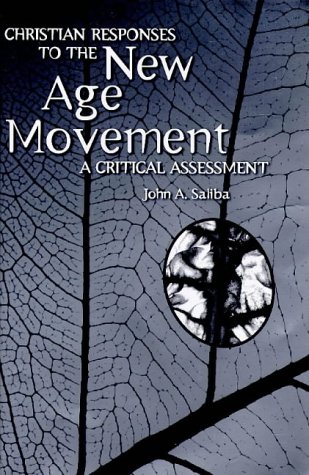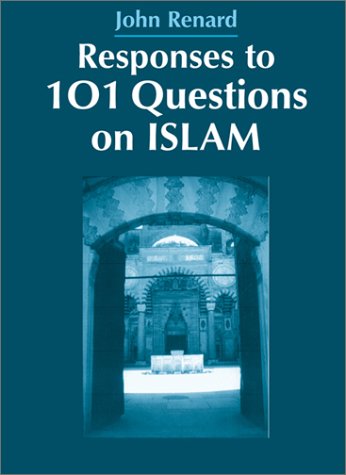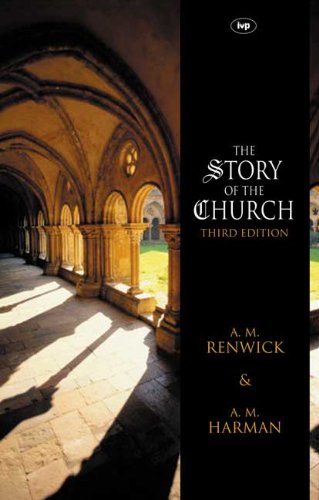Our Father in Heaven. Christian Faith and Inclusive Language for God
Written by John W. Cooper Reviewed By Mark L. StraussThis book seeks to be a comprehensive presentation and evaluation of inclusive language for God. The author, a professor of philosophical theology at Calvin Theological Seminary, is well equipped for the task, having served for three years (1994–97) on a committee of the Synod of the Christian Reformed Church appointed to study such language. The book represents a largely critical response to inclusive language for God. Cooper begins by admitting his religious and theological alliances (identifying himself as a ‘a biblical, evangelical, Reformed Christian’), but seeks an honest and open-minded encounter with the arguments supporting inclusive language.
In chapter 1 Cooper examines the sweeping trend toward inclusive language for God in the church today, particularly among the mainline denominations. Bible translations, lectionaries, hymnbooks, church education material and even the traditional creeds of the church have been revised to include feminine language for God. Though not identical with feminism and the women’s movement, this trend toward inclusive language arises from the same circles and from similar concerns for social justice and religious equality between the sexes.
In chapter 2 Cooper surveys the biblical, theological and linguistic arguments used to justify inclusive language for God. These include arguments from God’s revelation (e.g.: The Bible uses inclusive language for God’. ‘God accommodated patriarchal culture’, ‘Revelation is located [only] in the liberating texts of Scripture’, etc.), and arguments from theology and the nature of religious language (e.g.: ‘Inclusive language for God is part of the Christian tradition’, ‘Patriarchal language is not privileged: God is beyond all language’, ‘Father and Mother are equally metaphorical’, ‘Humans name God’, etc.).
The rest of the book systematically responds to these common arguments.
Chapters 3–5 examine the gendered language of Scripture, both feminine and masculine. While acknowledging and affirming feminine imagery for God, Cooper shows that the figures of speech, titles and names for God are overwhelmingly masculine, and that this masculine imagery is foundational to the biblical revelation of God’s character. While Scripture is full of assertions that God is a king, ruler, father, husband, and many other masculine figures, it never uses a predicate noun to identify him with a female person, either figuratively or nonfiguratively. Cooper concludes that while the Bible clearly teaches that God is not a sexual being (i.e., a male), it speaks of him as though he were masculine or as anthropomorphically masculine. Feminine references turn out to be cross-gender images, that is, ‘feminine figures of speech predicated of a linguistically [but not sexually] masculine person’ (135).
Chapters 6 and 7 turn to more philosophical and hermeneutical issues of whether the masculine language of Scripture is normative for all time. Cooper here examines the nature of divine revelation and the limits of human language for God. He argues that the masculine language of the Bible is not merely God’s accommodation to the (sinful) patriarchal culture of biblical times. Rather, it is God’s authentic self-revelation. He has chosen to reveal himself in this way. While acknowledging that God’s ultimate transcendence means that all language about God is analogical and so conveys only limited knowledge about him, Cooper returns again and again to the authoritative nature of that revelation. While Scripture teaches indirectly and by implication that God is genderless, it expressly states that he is King and Father, Lord, etc. To remove or alter these masculine names and titles is to distort God’s self-revelation.
Chapters 8 and 9 deal more specifically with a critique of inclusive language for God. The former deals with the question of whether inclusive language can accurately communicate the biblical revelation of God and the latter with the spiritual dangers inherent in promoting inclusive language. Chapter 10 answers the charge that the Bible is inherently sexist. Cooper argues that societal abuse of patriarchy should not be used to claim its inherent sinfulness. Chapter 11 affirms the positive elements of feminine biblical imagery and proposes ways to utilise it, consistent with the biblical revelation.
While concluding that gender-inclusive language for God is incompatible with the biblical-historical Christian faith, Cooper acknowledges the negative role of sexism in the Church and encourages Christians to incorporate the feminine imagery for God found in Scripture within its traditional, biblically based pattern of speech. This means retaining the primacy of God as Father, Lord, and King, but also utilising figures of speech that compare God to a mother or other female, just as the Scripture does.
The work as a whole demonstrates a balanced and well-informed discussion of this complex and multifaceted topic. It is also clearly written, well organised, and well documented. Though not without strong views, the author treats the topic in a fair-minded and irenic manner. One possible weakness is that Cooper may not go far enough in acknowledging the differences in gender systems between languages. His claim that English ‘he’ should be used of God because the names, titles and appellatives for God are overwhelmingly masculine should perhaps be balanced with greater acknowledgement that grammaticallymasculine nouns do not necessarily convey any sense of ‘maleness’. In such cases it may be better to admit that all translation is limited in its precision and that we must use an inadequate English term ‘he’ (which carries stronger sexual tones than its Hebrew or Greek equivalents) primarily because ‘she’ and ‘it’ are so much less adequate and clearly miscommunicate biblical truth to English readers. While Cooper’s work could thus use a stronger linguistic analysis, its theological and philosophical critiques are excellent. The evangelical student will find this to be a very helpful introduction to a complex and controversial issue that will only grow in prominence in the years to come.
Mark L. Strauss
Mark Strauss is University Professor of New Testament at Bethel Seminary.







